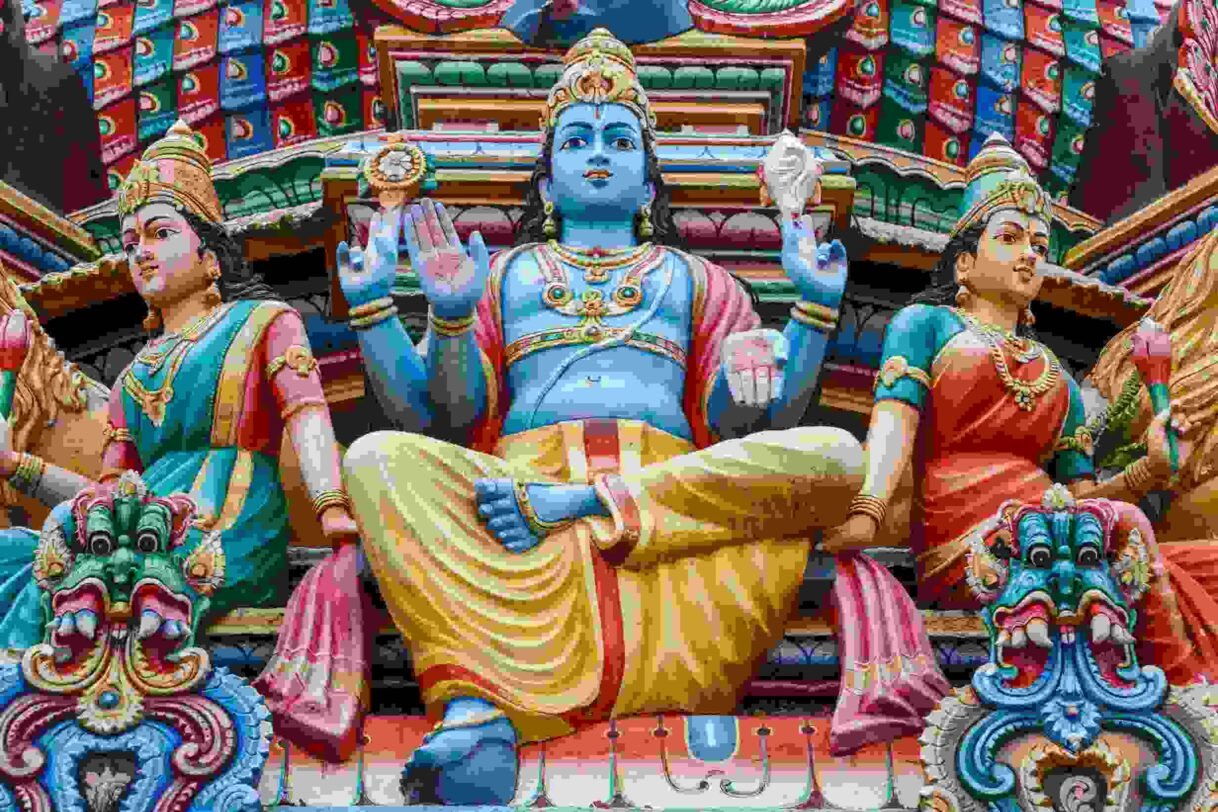Have you ever wondered which religion holds the title of being the oldest in the world? It’s like peeking into the ancient roots of humanity’s spiritual journey.
In this article, we’ll dive deep into the history of the oldest religions, exploring their origins, beliefs, and the impact they’ve had on the world. Ready to embark on this historical voyage? Let’s go!
The Oldest Known Religions
When we talk about the oldest religion, what exactly do we mean? The term “oldest” can be quite tricky. It’s not just about the earliest known texts or practices, but also about how these religions have evolved and influenced others over time. Essentially, it’s about identifying the earliest forms of spiritual practices that have left a lasting legacy.
Studying ancient religions isn’t just about history; it’s about understanding the roots of modern spirituality and cultural practices. These ancient faiths laid the groundwork for many contemporary religions and philosophies. By exploring them, we gain insights into how human beliefs and values have developed over millennia.
Hinduism is often considered one of the oldest living religions. But what makes it so ancient and enduring?
Hinduism’s origins trace back to the Indus Valley Civilization around 1500 BCE. It’s deeply intertwined with the Vedic texts, including the Vedas, which are among the oldest religious scriptures known to humanity. These texts form the bedrock of Hindu thought and practice.
Hinduism is characterized by a rich tapestry of beliefs, including the concepts of karma, dharma, and moksha. Its practices range from elaborate rituals and festivals to meditation and yoga. The religion’s pluralistic nature means it embraces a diversity of gods and philosophical ideas.
Zoroastrianism is another contender for the title of the oldest religion, with a distinct monotheistic flavor.
Founded by the prophet Zoroaster (or Zarathustra) around the 6th century BCE, Zoroastrianism introduced the concept of a single, all-powerful god, Ahura Mazda. This was revolutionary at a time when polytheism was the norm.
Zoroastrianism’s teachings on dualism and the cosmic struggle between good and evil have influenced other major religions, including Judaism, Christianity, and Islam. Its legacy is seen in concepts like heaven and hell, and its ethical framework has had a lasting impact on spiritual thought.
Long before the major organized religions, various indigenous and tribal beliefs shaped human spirituality.
From the shamanistic practices of the Native American tribes to the animistic traditions of African communities, these early religions were deeply rooted in the natural world. They often involved rituals and stories that reflected a profound connection with nature and the spiritual world.
While these beliefs might not be as widely recognized today, they continue to influence local cultures and spiritual practices. Efforts to preserve and understand these traditions provide valuable insights into humanity’s diverse spiritual heritage.
Comparative Analysis: Hinduism vs. Zoroastrianism
Hinduism and Zoroastrianism both represent ancient religious traditions, but they offer distinct perspectives on spirituality. Hinduism is polytheistic and encompasses a wide range of deities and practices, while Zoroastrianism is monotheistic, focusing on a single god and the duality of good and evil.
Both religions have shaped the spiritual landscape in different ways. Hinduism’s influence can be seen in various Eastern religions and practices, while Zoroastrianism’s impact is evident in the development of monotheistic religions in the West.
Archaeological finds, from ancient temples to sacred texts, provide crucial evidence about early religious practices. These discoveries help historians piece together the rituals, beliefs, and social contexts of ancient faiths.
Ancient texts are invaluable for understanding early religions. Scholars analyze these writings to interpret religious ideas and historical contexts, shedding light on how ancient peoples understood and practiced their faith.
Exploring the oldest religions gives us a window into the early spiritual lives of humanity. From the polytheistic traditions of Hinduism to the monotheistic insights of Zoroastrianism and the diverse practices of indigenous peoples, these ancient faiths have shaped human history in profound ways. As we reflect on their legacies, we gain a deeper appreciation for the rich tapestry of human spirituality.

